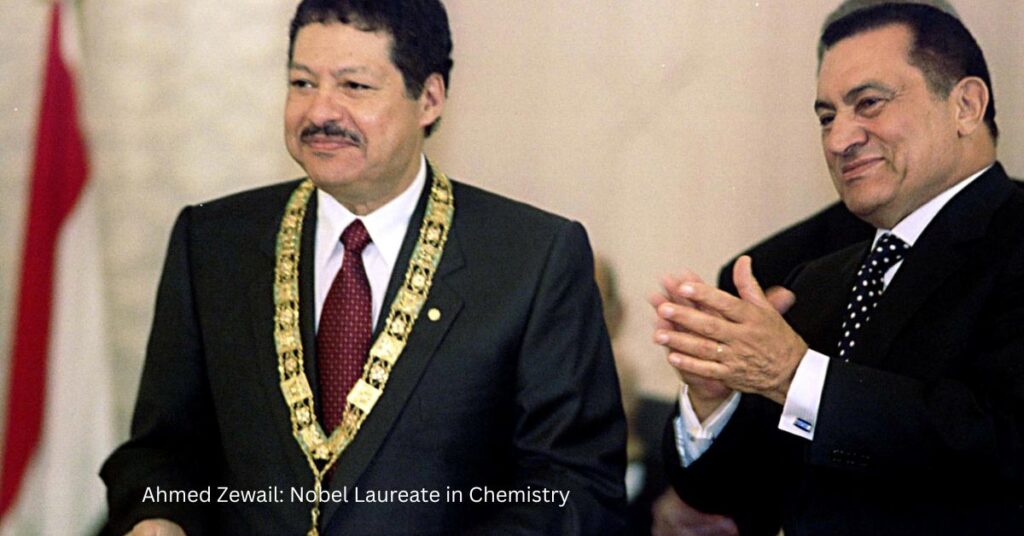Ahmed Zewail, often hailed as the “Father of Femtochemistry,” stands as one of the most influential scientists of the 20th and 21st centuries. His groundbreaking work in chemistry not only earned him the Nobel Prize but also transformed the way scientists understand chemical reactions at the molecular level. This article delves into the life, achievements, and legacy of this remarkable scientist.
Early Life and Education
Ahmed Hassan Zewail was born on February 26, 1946, in Damanhur, Egypt. Growing up in a modest family, Zewail displayed an early aptitude for science and mathematics. His passion for learning and curiosity about the natural world guided him toward the field of chemistry. After completing his primary and secondary education in Egypt, Zewail earned his Bachelor’s degree in Chemistry from Alexandria University in 1967. Recognizing his potential, he pursued graduate studies in the United States, obtaining a Ph.D. in Chemistry from the University of Pennsylvania in 1974.
Academic Career and Scientific Contributions
Zewail’s academic journey led him to the California Institute of Technology (Caltech), where he spent the majority of his career as a professor. It was here that he made his most significant contribution to science: the development of femtochemistry.
Femtochemistry involves the study of chemical reactions on the femtosecond timescale—one quadrillionth of a second. Before Zewail’s pioneering work, chemical reactions were observed only in bulk, with the intermediate steps remaining largely invisible. By using ultrafast laser techniques, Zewail allowed scientists to observe the motion of atoms and molecules in real-time, effectively opening a new dimension in chemical research. His work has had profound implications for fields such as biochemistry, molecular biology, and materials science.
Nobel Prize and Recognition
In 1999, Ahmed Zewail was awarded the Nobel Prize in Chemistry for his groundbreaking work in femtochemistry. This accolade cemented his status as a global scientific icon and brought international attention to Egypt’s contributions to the world of science. Beyond the Nobel Prize, Zewail received numerous honors, including membership in prestigious scientific academies, honorary doctorates from multiple universities, and national awards recognizing his exceptional achievements.
Advocacy and Legacy
Ahmed Zewail was more than just a scientist; he was a passionate advocate for education and research, especially in the Arab world. He believed in empowering young scientists and fostering a culture of innovation. In 2011, he was appointed Science Envoy to the United States by then-President Barack Obama, promoting international scientific collaboration and education.
Zewail’s legacy extends beyond his scientific achievements. He inspired countless students and researchers worldwide to pursue excellence in science. His work continues to influence chemistry, medicine, and technology, proving that curiosity, dedication, and innovation can transcend borders and generations.
Conclusion
Ahmed Zewail’s life is a testament to the power of curiosity, perseverance, and scientific ingenuity. From his humble beginnings in Egypt to receiving the Nobel Prize, he revolutionized chemistry and left an indelible mark on science and society. Zewail’s contributions continue to inspire future generations of scientists, making him a true icon in the world of chemistry.





